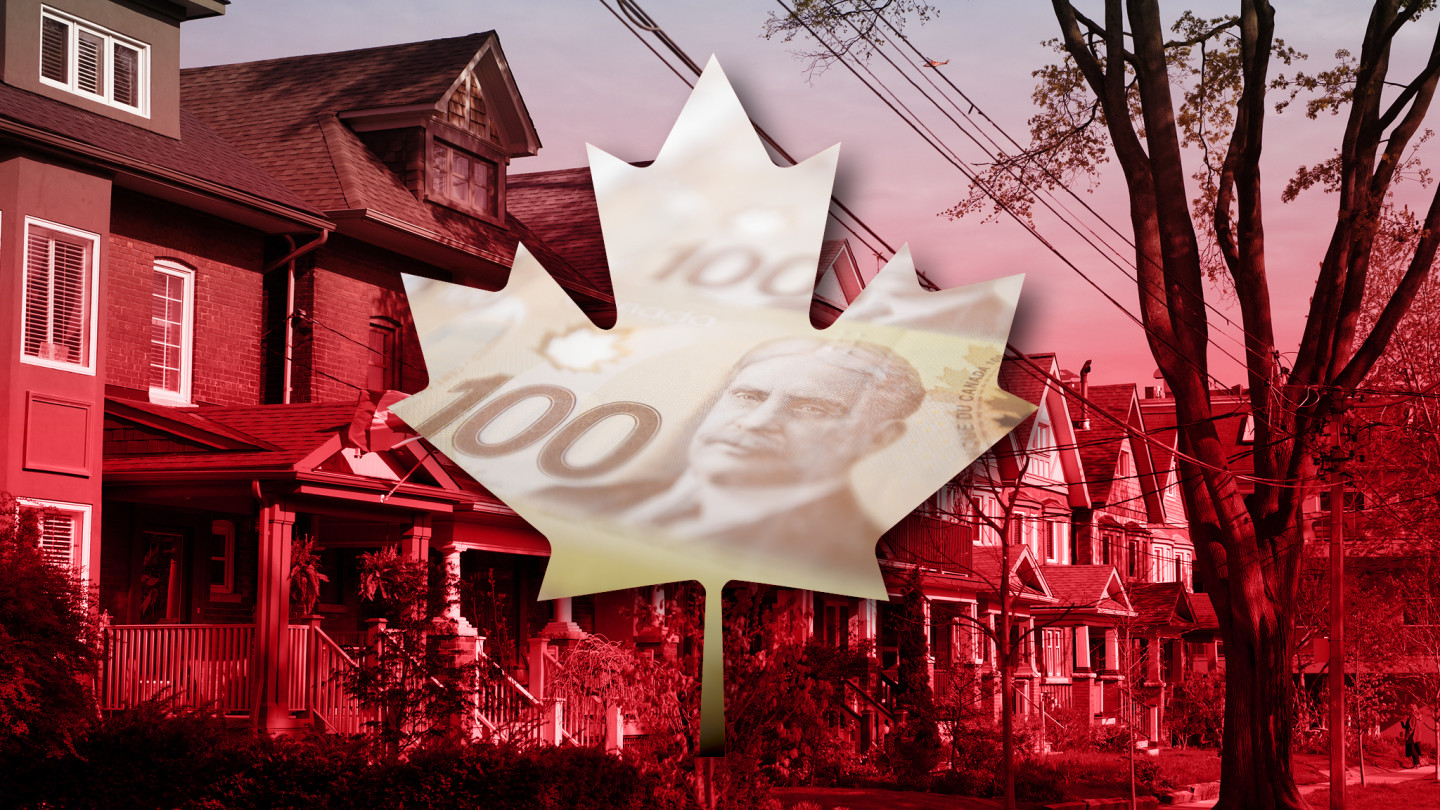What Does the 2018 Federal Budget Say About Our Housing Market?
The federal budget of 2018 does not say anything new about the housing market in Canada. However, it does show some interesting initiatives that aid vulnerable populations. It also comes up with more rental housing ideas.
Where Do We Stand?
The budget highlighted the expensive real estate markets of Toronto and Vancouver. It further stated that both these markets are becoming famous and balanced. The single-detached houses have decreased their price growth while giving rise to condominium prices with a continued growth in double digits.
Oil- producing provinces of Canada have increased their housing activities after a decline, however; the other states in Canada are doing fine. Yet, this may temper the housing demands by increasing mortgage-rate stress test and mortgage rates. These changes will come into effect from January 1.
No Fear of an Impending Crash
The Canadian government presumably has no concerns for the current housing bubble and upcoming crash.
Approximately, 600,000 new jobs have been created since November 2015 by the Canadian government. With that, the unemployment rate has been declined from 7.1% to 5.9% that is considered the lowest rate in the past four decades. The Canadian economy is not only growing but has become remarkably strong as compared to all G7 countries since 2016.
Decreasing Massive Debts and Wages
This is one of the significant points that federal budget could not adequately address and analyze. The real compensation of the economy has also been declined up to 2 percent from the last decade. So, when it was the time for the Canadians to have more employment options in 2017, people earn less than they earned in 2007.
This differential between housing prices and wages can be helpful, along with their low-interest rate data, to elaborate why OECD declared Canada the only country with exceeded GDP over $2 trillion.
The budget has proudly declared the country as one of the fastest growing and expanding economies among all G7 nations. But, what about the fact that Canadians have become the most indebted people among these nations?
Does It Mean That Housing Market Is A Risk To the Canadian Economy?
It notable that household debt has increased due to mortgages, and that makes it a biggest vulnerable area for the Canadian economy.
The reason is, the Canadian economy is based on high consumption. That means, all those fancy cars, lattes and clothes that many finance experts incessantly shame people for, is the major reason economy seems so prosperous and healthy. When Canadians waste their money on the stuff they do not really need, it leads to creation of jobs and generates business. People hiding their money under quilts and mattresses from banks, makes it a shameful economic move.
If housing market sees a decline, like in house prices, low market condition, increased interest rates, Canadians will likely to suffer, as they will not be having money to spend. This will slow down the economy in future.
Housing Markets and Women
The budget 2018 notably focuses on women. For that, the government is devising and executing a National Housing Strategy to advocate Canadians find affordable and safe places to make homes. It also protects people who live in community houses from losing their residence.
25% of the budget goes to projects for fulfilling the needs of girls and women. The initiatives include affordable housing to senior women. Moreover, the plan includes 100,000 housing units, and repair of 7000 shelter houses, for the survivors of domestic violence.
Rental Housing
The further estimation of the budget indicates that around 30% Canadians are tenants, but they are hardly getting any rental supplies that make living expensive for them. To accommodate this issue, CMHC has formed the Rental Construction Financing Initiative last year in April 2017. It does not only increase the supply, but also provides $2.5 billion in low-cost loans to the developers. This way, the developers have an incentive to construct new rental houses.
Furthermore, the budget also offers to double the loan amount up to $3.75 billion in the coming three years. With these incentives, they believe it will lead to the development of more than 14,000 rental units in the country.






